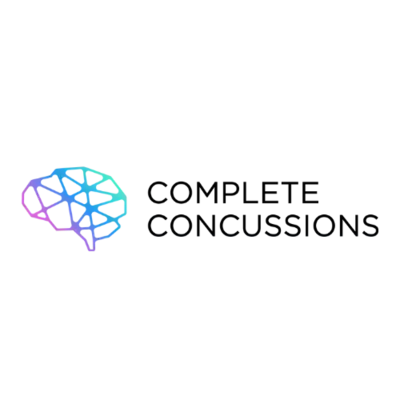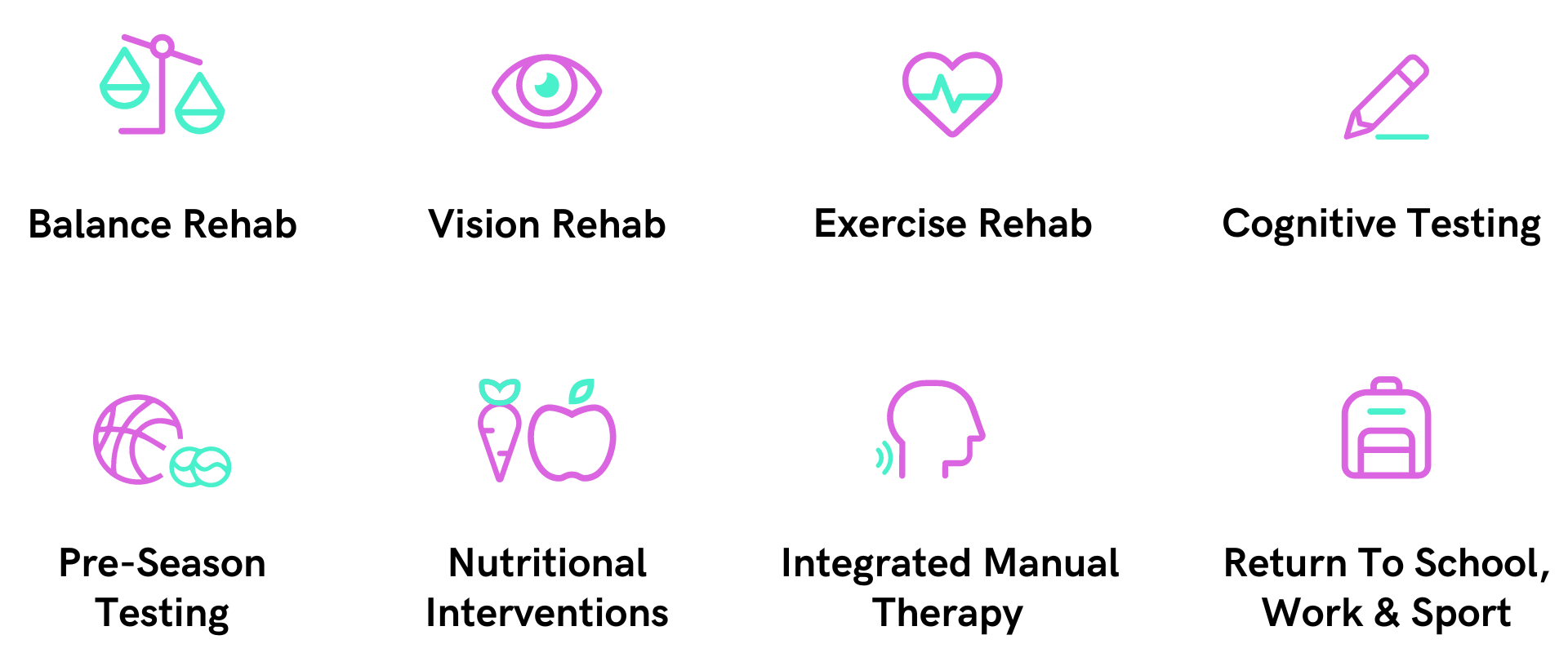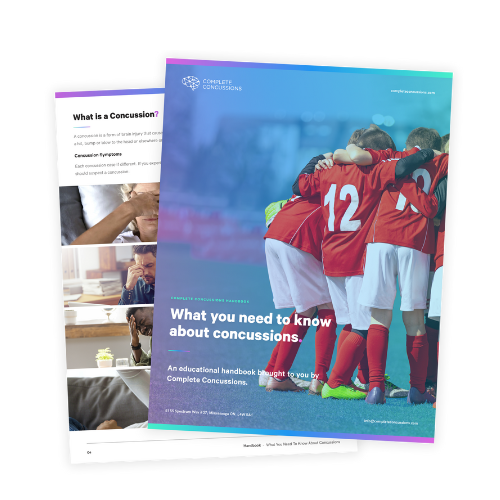
Amped Physiotherapy is a proud clinic of the Complete Concussions Partnership Program – a network of clinics around the world offering evidence-based concussion care.
From initial pre-season baseline testing to concussion treatment and rehabilitation, as partnered Complete Concussions practitioners, we collaborate with family doctors, coaches, teachers, and caregivers to help you manage your concussion and enable a safe return to learn, work, and play.
Stephanie is eager to help you prepare for your season with baseline testing, treat your concussion, or get you back to doing what you love.

• Perform neurocognitive assessments and compare to baseline
• Report and track concussion
• Conduct sideline assessments
• Ensure seamless communication
• Record an athlete’s recovery status and timeline
• Scan and share medical documents
• Track daily symptoms for recovery progress
• Store and view pre-season concussion test results


(613) 822-9922

Monday - Thursday: 7:00am - 8:00pm
Friday: 7:00am - 6:00pm